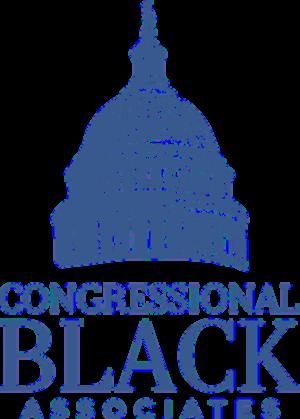

Handbook CBA Intern


A Resource for Understanding Congress & Your Role
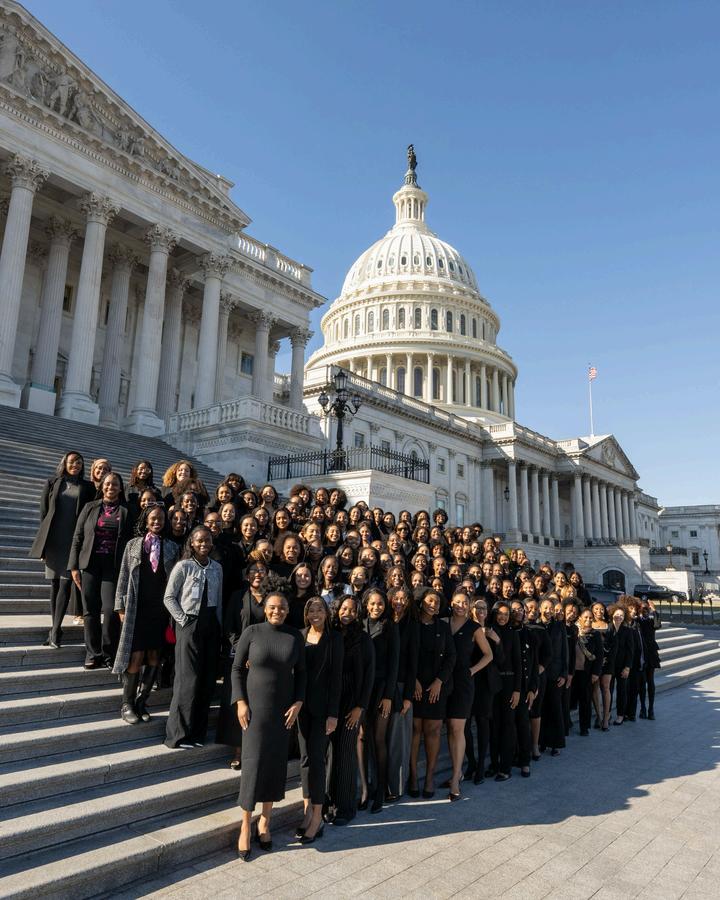


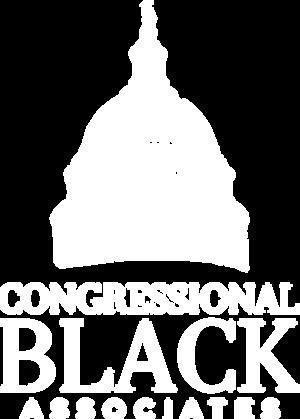

2 0 2 5


AWelcomefrom ourCBAPresident

On behalf of the Congressional Black Associates, I am honored to welcome you to Capitol Hill and into a powerful legacy of Black excellence, leadership, and service.
Whether you are joining us through the Congressional Black Caucus Foundation or another pathway, know that your presence here is no accident—it is the result of your talent, hard work, and the doors opened by those who came before you. You are walking into a space where your voice matters, your perspective is needed, and your impact will be lasting.
For45years,CBAhasbeenaleaderinenhancingthepolitical,social,and economicwell-beingofBlackstaffersontheHill.Ourworkisexpansive, comprisingprofessionaldevelopmentprogramsandnetworkingevents,and weprovideopportunitiesthatpositionstafferstobecomeleadersbothon andofftheHill.Thismissiondriveseverythingwedoandconnectseachofus acrossgenerationsofserviceandambition.
Asyoubeginyourjourney,knowthatCBAisheretosupportyou.Wearea family,anetwork,andaresourcethatiscommittedtoupliftingoneanother andensuringnoonewalksalone.Weencourageyoutoaskquestions,build relationships,andtakeupspaceboldly.YouBELONGhere.
We’reexcitedtomeetyou,workalongsideyou,andwatchyouthrive.Letthis bethestartofsomethingextraordinary

AWelcomefrom ourCBCFLiaison
Congratulations on your Congressional internship! Whether you’ve arrived through the Congressional Black Caucus Foundation or another program, you are beginning a rewarding journey of service and learning. This guide is designed to familiarize you with the structure of Capitol Hill, introduce you to the many organizations that operate here, and provide practical advice for navigating this unique environment.
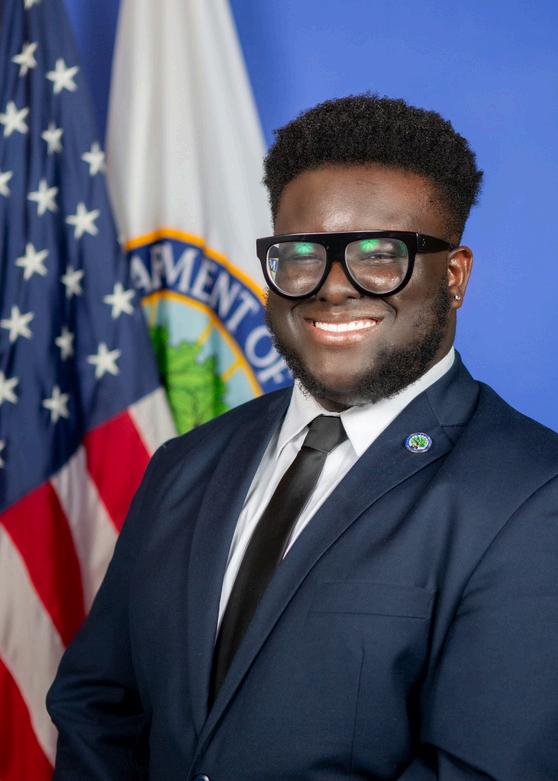
In my role, I work to strengthen the partnership between the Congressional Black Caucus Foundation and the Congressional Black Associates. This includes meeting with interns and fellows to discuss how to maximize their time on the Hill. While the pace and terminology can feel overwhelming at first, you will quickly find that there are abundant opportunities to grow and contribute. Take advantage of them, build meaningful connections, and remember that support and resources are always available to help you succeed.
2025 CBCF Liaison
Taron Henton
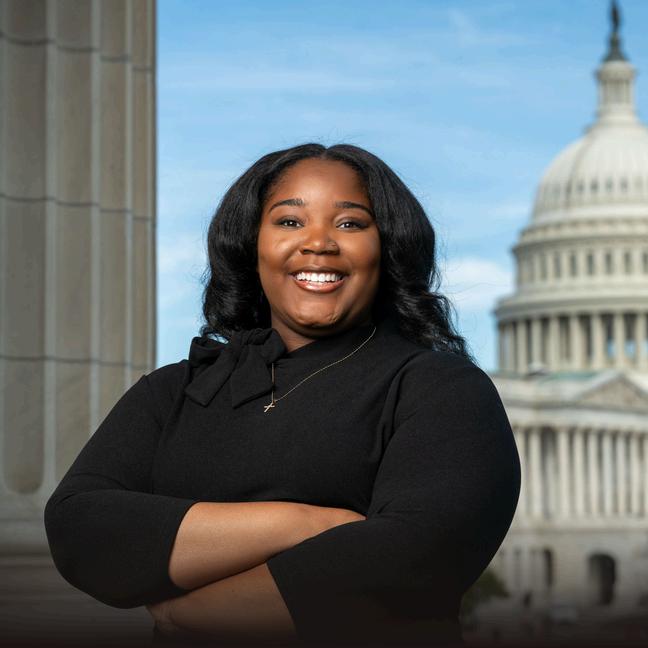
2025-2026 CBA Executive Board
JavonniD.Ayers President
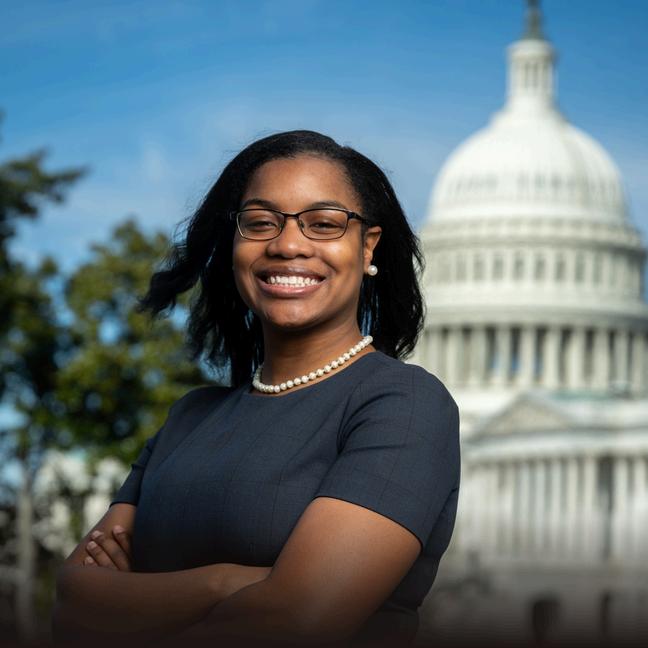
JerdashiaScott CommunityServiceDirector
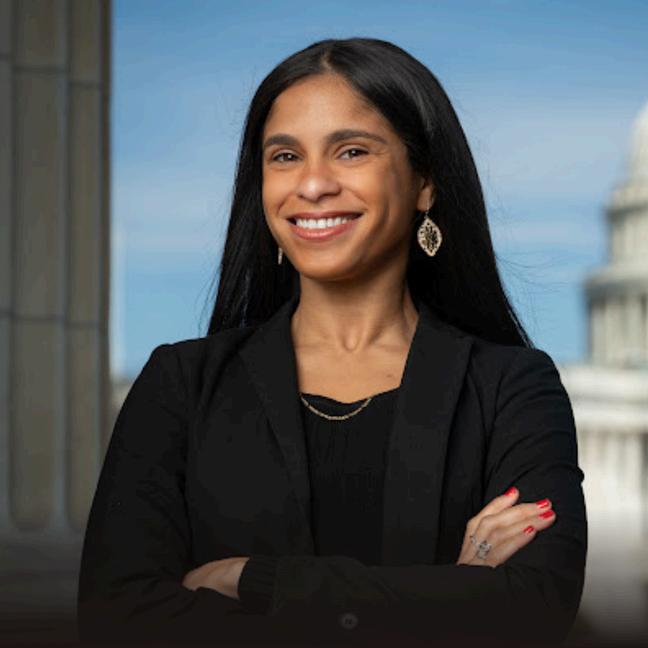
RubyTavernier VicePresident
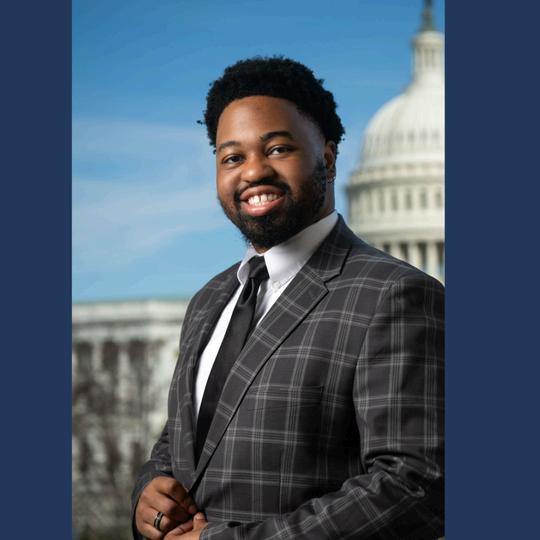
SharifLong Treasurer/MembershipChair
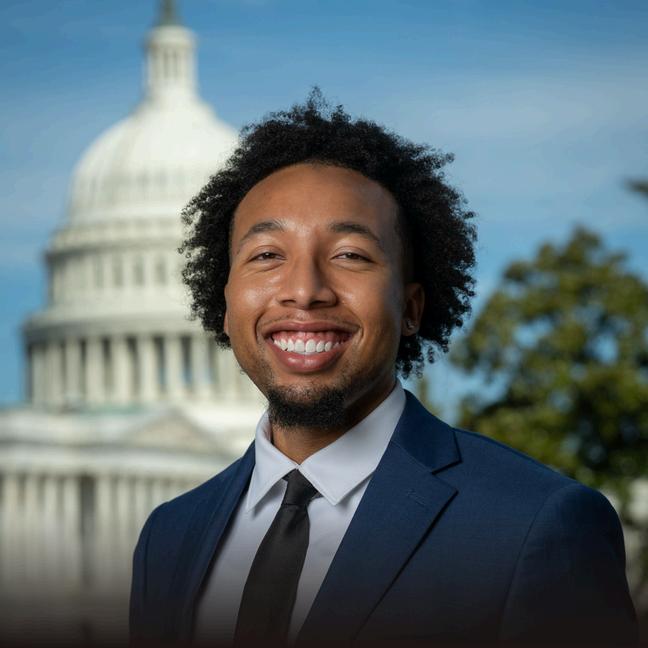
RylanGrey SocialEngagementDirector
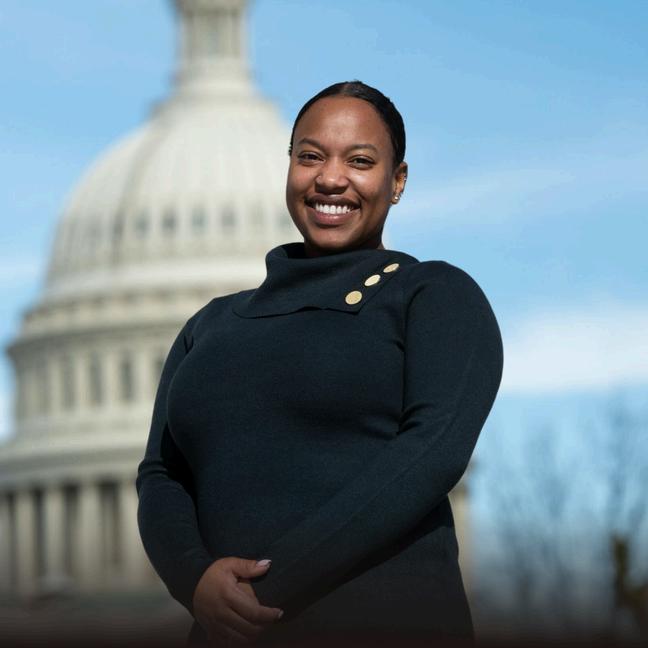
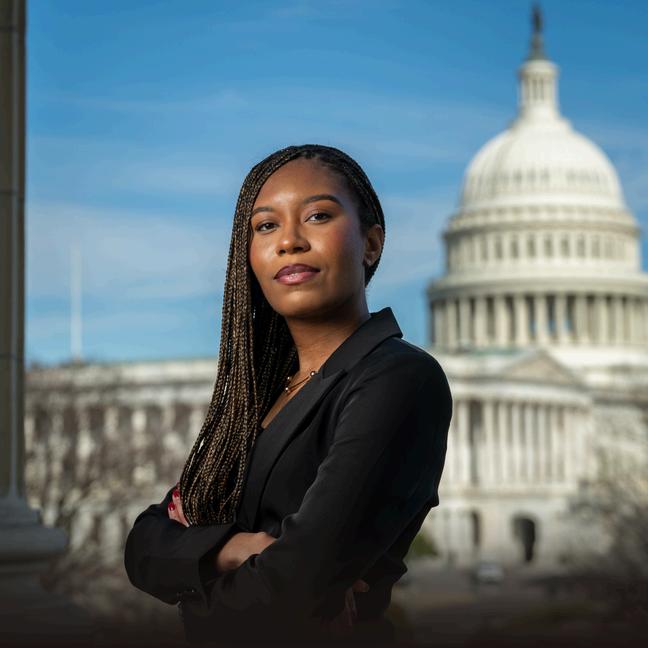
RaiyanaMalone ProfessionalDevelopmentDirector
SaishaWhite Parliamentarian
JayleneKennedy CommunicationsDirector Chezney Cunningham Secretary


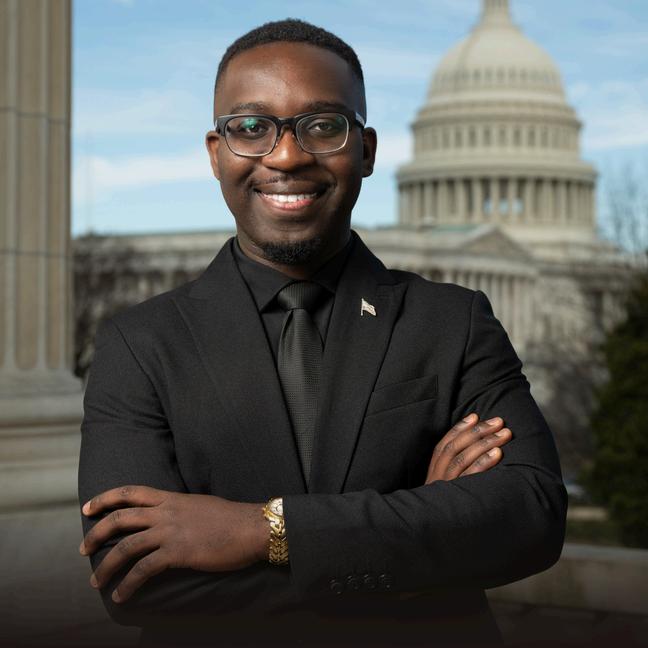

How Congress Functions
Introduction

As established by Article 1 of the U.S. Constitution, the United States Congress is composed of two parts. The first is the House of Representatives with 435 representatives elected for two years based on the population of the state they represent. The second is the Senate, with 100 senators elected for six years with each state receiving 2 senators.
Congressional Powers
Article I, Section 8 of the Constitution lays out specific powers given to Congress. These include the power to:
SetandCollectTaxes
BorrowMoney
RegulateCommercebetweenForeignNations, States,andTerritories
EstablishRulesofCitizenship
CoinPhysicalMoneyandProvidePunishmentfor Counterfeits
EstablishPostOfficesandRoads
GrantPatents
CreateFederalCourts
DefineMaritimeCrimes
DeclareWar
RaiseArmies
MaintainaNavy
CallforMilitiastoExecuteFederalLaws,Suppress Insurrections,andRepelInvasions
MakeAll “NecessaryandProper”LawstoExecute CongressionalPowers
Congressional Leadership

LeadershipintheHouseandSenateare responsibleforfivemainfunctions:
Oversight of the
Chamber
Management of Floor Procedure
(How legislation will be voted on) and the Legislative Agenda
Media Relations
Political Operations
Development and Coordination of Policy Positions
Leadershippositionsinclude:
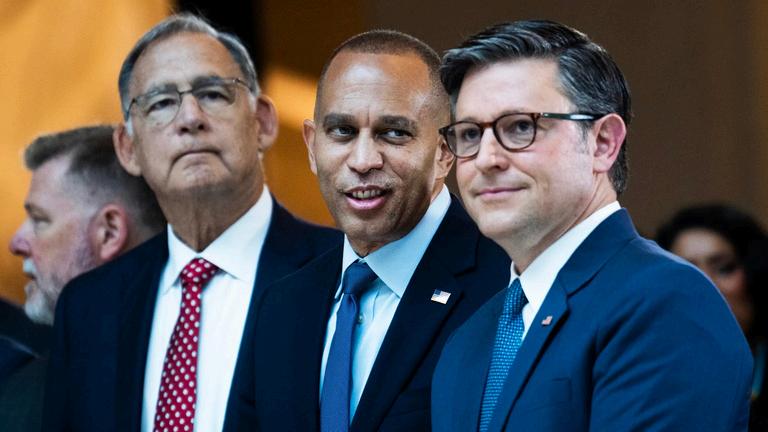
SpeakeroftheHouse-ElectedbytheentireHouseofRepresentativesforthepurpose ofrunningthegeneraloperationsoftheHouse,appointsChairstoHouseCommittees, setsthelegislativeagendafortheHouse,andservesastheChiefSpokespersonforthe House.
SenatePresidentProTempore-PresidesovertheSenateintheabsenceoftheVice President
MajorityLeader-ElectedbytheMajorityPartyandservesastheChiefSpokesperson fortheMajorityParty.
MinorityLeader-ElectedbytheMinorityPartyandservesastheChiefSpokesperson fortheMinorityParty.
Whip-Thewhipisresponsiblefororganizingtheirrespectivecaucusforvotesand ensuringMembersareawareoftheparty’spositiononlegislation.
CaucusLeadership-Thetwomajorpoliticalparties(DemocratsandRepublicans) organizethemselvesintocaucuses.CaucusChairs,Secretaries,andPolicyChairslead theirpartiesinthedevelopmentofpolicyagendas,leadershipselections,andmore CampaignCommittees-TheNationalRepublicanCongressionalCommitteeand DemocraticCongressionalCampaignCommitteeserveastheprincipalfundraising armsformembersoftheHouseofRepresentatives,alongsidetheirSenate counterparts(NationalRepublicanSenatorialCommitteeandDemocraticSenatorial CampaignCommittee)

Differences Between House & Senate
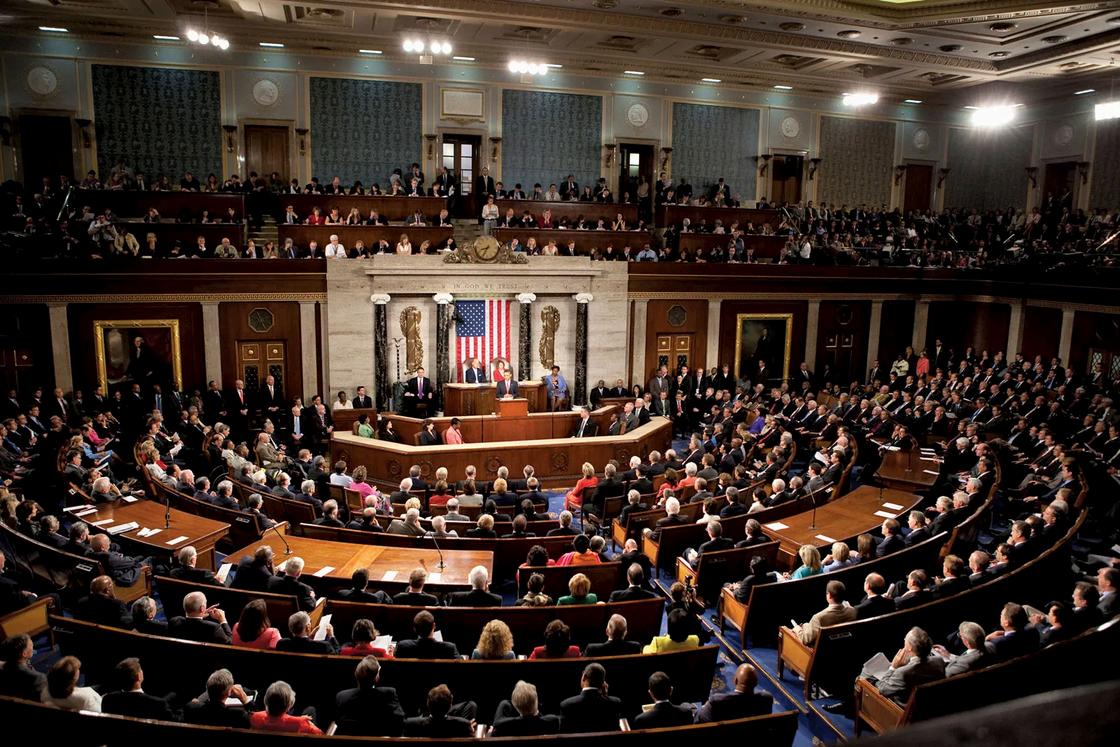
Role of the House
The exclusive powers of the House of Representatives are established in Article 1, Section 2 of the United States Constitution. Each state is comprised of Representatives based on that state’s population and elected every two years. Representatives must be at least 25 years old, been a U.S. citizen for seven years, and an inhabitant of their state.
The House has the sole power of impeachment, which is the legislative mechanism of removing a federal elected official from office. Additionally, the House has the sole power to draft bills for raising revenue.
Role of the Senate
The powers of the Senate are set in Article I, Section 3 of the U.S. Constitution. Each state has two Senators elected to six year terms. Senators must be 30 years old, have been a U.S. citizen for at least nine years, and an inhabitant of their state.
The Senate has the sole power to try impeachment trials, approve treaties, and confirm federal officials nominated by the President. Unlike the House, the President of the Senate is the Vice President. However, the Senate has been traditionally run by the Majority Party Leader.
Committee Purposes
Each Chamber organizes itself through Committees. Members are placed on Committees based on party selections, career experiences, and other factors. Committees consider bills and conduct oversight of agencies, programs, and activities within their jurisdiction. Witness and oversight hearings involve members calling members of the public, military officials, subject-matter experts, and whomever the Committee decides to testify on the matter at hand.
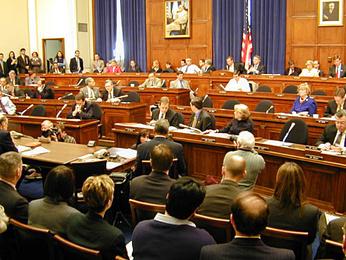
Legislative hearings (referred to as markup) are usually convened to consider a piece of legislation referred to the committee by the Parliamentarian. Members can offer amendments and make remarks on legislation before it is voted upon to go to the floor for a full House or Senate vote. With thousands of pieces of legislation proposed each Congress, committee consideration of a bill is highly political and usually fits into the political agenda of the majority party. The leader of each chamber can also create Task Forces (Task Force on the Attempted Assassination of Donald Trump) and Select Committees (Select Committee to Investigate the January 6th Attack on the United States Capitol) that serve temporary purposes for a narrow legislative or investigative focus.
Committee Leadership and Staff
The Chair of the Committee, who is appointed by the majority leader of the chamber or elected by Committee members, sets the agenda for the committee and establishes subcommittees. The Ranking Member is usually highest ranked minority member on the Committee and serves as the principal voice of the minority party on the Committee. Committee staff is led by a Staff Director who oversees a team of Counsels and Professional Staff members that prepare for hearings, select witnesses, and serve as subject matter experts for the rest of the Chamber.
Congressional Caucuses
Congressional members will organize themselves into caucuses that represent policy interests, political affiliations, affinities, and other areas There are hundreds of caucuses ranging from trade-based such as the Congressional Agriculture Trade Caucus to drink-based such as the Congressional Bourbon Caucus As a CBCF Intern or CBA member, the most important of these is the Congressional Black Caucus (CBC) Together, the following caucuses traditionallyarereferredtoasthe“Tri-Caucus”

President@congressionalblackassociatescom
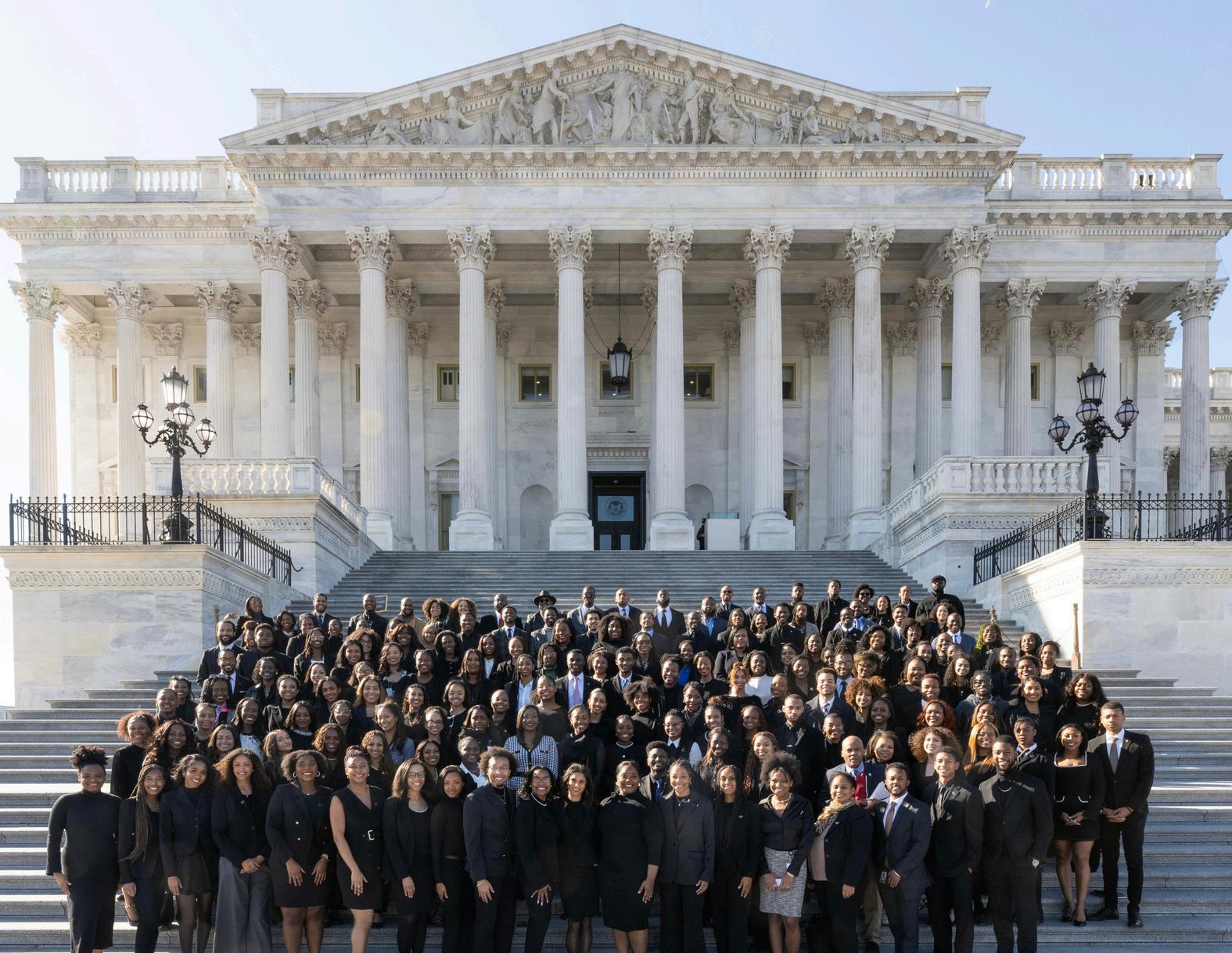
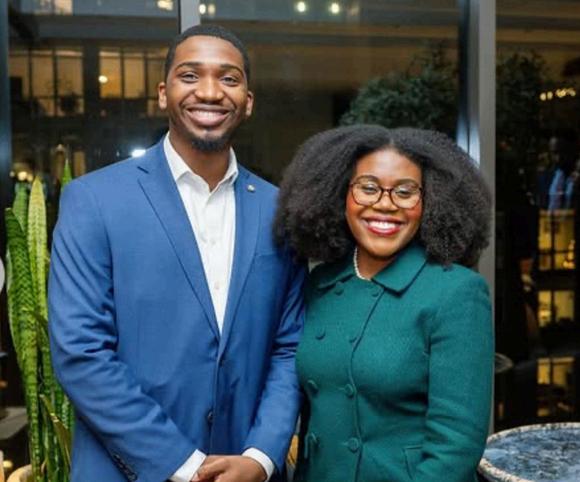
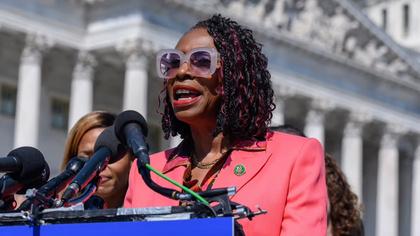

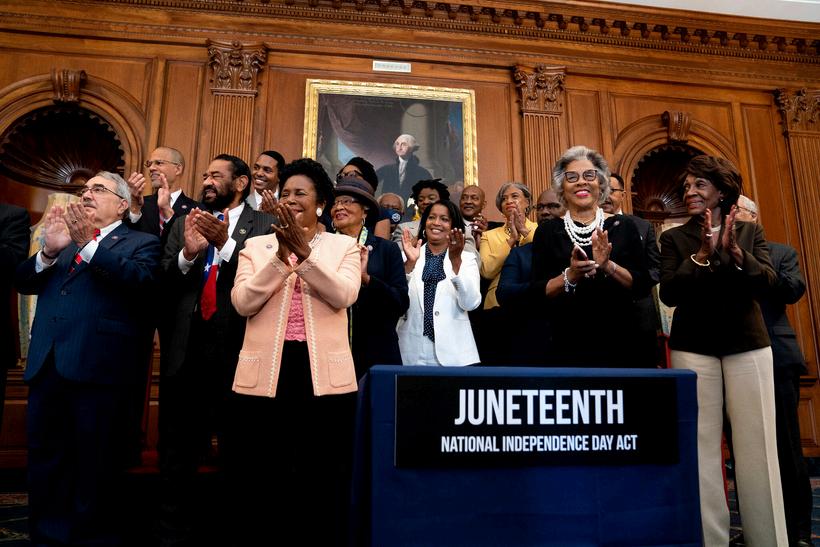
House Leadership
Speaker of the House: Mike Johnson (R-LA)
Majority Leader
Steve Scalise (R-LA)
Majority Whip
Tom Emmer (R-MN)
Republican Conference Chair
Lisa McClain (R-MI)
Republican Conference
Vice Chair
Blake Moore (R-UT)
Republican Conference Secretary
Erin Houchin (R-IN)
National Republican
Congressional Committee (NRCC) Chair
Richard Hudson (R-NC)
Republican Policy Committee Chair
Minority Leader
Hakeem Jeffries (D-NY)
Minority Whip Katherine Clark (D-MA)
Democratic Caucus Chair
Pete Aguilar (D-CA)
Democratic Caucus Vice Chair
Ted Lieu (D-CA)
Assistant Democratic Leader
Joe Neguse (D-CO)
Democratic Congressional Campaign Committee (DCCC) Chair
Suzan DelBene (D-WA)
Gary Palmer (R-AL) Steering and Policy Committee Chair
Hakeem Jeffries (D-NY)
HouseCommittees &Leadership

Agriculture
Chair:Rep Glenn“GT”Thompson(R-PA)
RankingMember:Rep.AngieCraig(D-MN)
Appropriations
Chair:Rep.TomCole(R-OK)
RankingMember:Rep.RosaDeLauro(D-CT)
ArmedServices
Chair:Rep.MikeRogers(R-AL)
RankingMember:Rep.AdamSmith(D-WA)
Budget
Chair:Rep.JodeyArrington(R-TX)
RankingMember:Rep.BrendanBoyle(D-PA)
EducationandWorkforce
Chair:Rep TimWalberg(R-MI)
RankingMember:Rep.RobertC.“Bobby”Scott(D-VA)
Ethics
Chair:Rep MichaelGuest(R-MS)
RankingMember:Rep.MarkDeSaulnier(D-CA)
FinancialServices
Chair:Rep.FrenchHill(R-AR)
RankingMember:Rep MaxineWaters(D-CA)
ForeignAffairs
Chair:Rep.BrianMast(R-FL)
RankingMember:Rep.GregoryMeeks(D-NY)
HomelandSecurity
Chair:Rep MarkGreen(R-TN)
RankingMember:Rep.BennieThompson(D-MS)
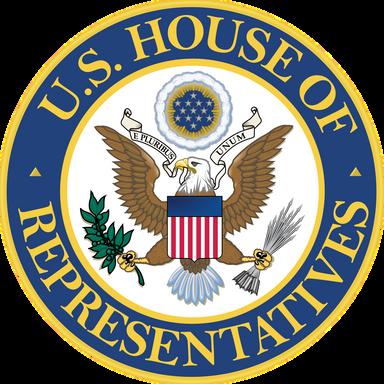
House Administration
Chair: Rep Bryan Steil (R-WI)
Ranking Member: Rep Joseph Morelle (D-NY)
Judiciary
Chair:Rep.JimJordan(R-OH)
RankingMember:Rep.JamieRaskin(D-MD)
Natural Resources
Chair:Rep.BruceWesterman(R-AK)
RankingMember:Rep.JaredHuffman(D-CA)
Oversight and Government Reform
Chair: Rep James Comer (R-KY)
Ranking Member: Rep Robert Garcia (D-CA)
Rules
Chair: Rep. Virginia Foxx (R-NC)
Ranking Member: Rep. Jim McGovern (D-MA)
Science, Space, and Technology
Chair: Rep. Brian Babin (R-TX)
Ranking Member: Rep. Zoe Lofgren (D-CA)
Small Business
Chair: Rep Roger Williams (R-TX)
Ranking Member: Rep Nydia Velázquez (D-NY)
Transportation and Infrastructure
Chair: Rep. Sam Graves (R-MO)
Ranking Member: Rep. Rick Larsen (D-WA)
Veterans’ Affairs
Chair: Rep Mike Bost (R-IL)
Ranking Member: Rep Mark Takano (D-CA)
Ways and Means
Chair: Rep Jason Smith (R-MO)
Ranking Member: Rep Richard Neal (D-MA)
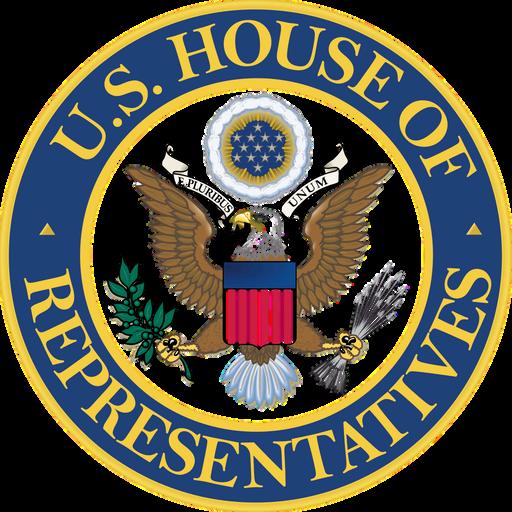
Senate Leadership
PresidentoftheSenate:J.D.Vance
PresidentProTempore:ChuckGrassley(R-IA)
Majority Leader
John Thune (R-SD)
Majority Whip
John Barrasso (R-WY)
Republican Conference Chair
Tom Cotton (R-AR)
Republican Policy Committee Chair
Shelley Moore Capito (R-WV)
Republican Conference
Vice Chair
James Lankford (R-OK)
National Republican Senatorial Committee (NRSC) Chair
Tim Scott (R-SC)
Minority Leader
Charles Schumer (D-NY)
Minority Whip
Richard Durbin (D-IL)
Democratic Steering Committee Chair
Amy Klobuchar (D-MN)
Democratic Strategic Communications Chair
Cory Booker (D-NJ)
Democratic Caucus Vice Chairs
Elizabeth Warren (D-MA)
Mark Warner (D-VA)
Democratic Senatorial Campaign Committee (DSCC) Chair
Kirsten Gillibrand (D-NY)
Chair: Sen John Bookman (R-AR)
Ranking Member: Sen Amy Klobuchar (D-MN)
SenateCommittees &Leadership

Agriculture,Nutrition,andForestry
Appropriations
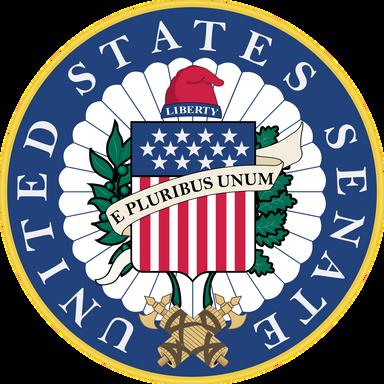
ArmedServices
Banking,Housing,andUrbanAffairs
Budget
Commerce,Science,andTransportation
EnergyandNaturalResources
Chair:Sen.MikeLee(R-UT)
RankingMember:Sen.MartinHeinrich(D-NM)
EnvironmentandPublicWorks
Chair:Sen.ShelleyMooreCapito(R-WV)
RankingMember:Sen SheldonWhitehouse(D-RI)
Finance
Chair:Sen.MikeCrapo(R-ID)
RankingMember:Sen.RonWyden(D-OR)
ForeignRelations
Chair:Sen JamesRisch(R-ID)
RankingMember:Sen.JeanneShaheen(D-NH)
Health,Education,Labor,andPensions(HELP)
Chair:Sen BillCassidy(R-LA)
RankingMember:Sen.Bernard“Bernie”Sanders(I-VT) HomelandSecurityandGovernmentalAffairs
Chair:Sen.RandPaul(R-KY)
RankingMember:Sen GaryPeters(D-MI) IndianAffairs
Chair:Sen.LisaMurkowski(R-AK)
RankingMember:Sen BrianSchatz(D-HI)
JointCommitteeonPrinting
Chair:Sen.MitchMcConnell(R-KY)
ViceChair:Rep BryanSteil(R-WI)
JointCommitteeonTaxation
Chair:Rep JasonSmith(R-MO)
ViceChairman:Sen.MikeCrapo(R-ID)
JointCommitteeonLibrary
Chair:Rep BryanSteil(R-WI)
ViceChair:Sen.MitchMcConnell(R-KY)
JointEconomicCommittee
Chair:Rep DavidSchweikert(R-AZ)
ViceChairman:Sen.EricSchmitt(R-MO)
Judiciary
Chair:Sen.ChuckGrassley(R-IA)
RankingMember:Sen Richard“Dick”Durbin(D-IL)
RulesandAdministration
Chair:Sen.MitchMcConnell(R-KY)
RankingMember:Sen.AlexPadilla(D-CA)
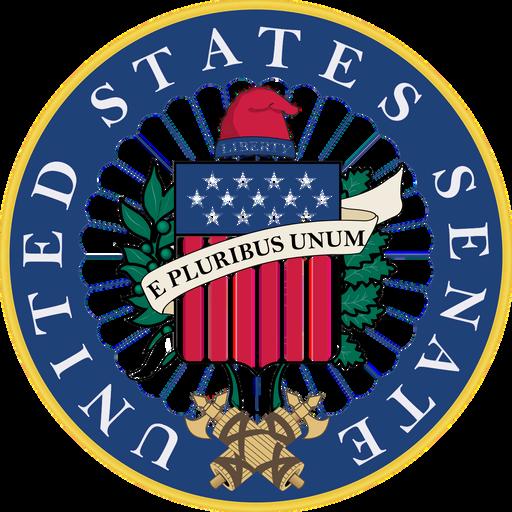
SelectCommitteeonEthics
Chair:Sen.JamesLankford(R-OK)
ViceChairman:Sen.ChristopherCoons(D-DE)
SelectCommitteeonIntelligence
Chair:Sen.TomCotton(R-AR)
RankingMember:Sen MarkWarner(D-VA)
SmallBusinessandEntrepreneurship
Chair:Sen.JoniErnst(R-IA)
RankingMember:Sen EdwardMarkey(D-MA)
SpecialCommitteeonAging
Chair:Sen.RickScott(R-FL)
RankingMember:Sen KirstenGillibrand(D-NY)
Veterans’Affairs
Chair:Sen.JerryMoran(R-KS)
RankingMember:Sen RichardBlumenthal(D-CT)



Working in a Congressional Office
MemberofCongress
EveryofficeisledbytheelectedMemberofCongress.Theofficefunctionsto advancetheagendasetbytheMember
ChiefofStaff(CoS)
TheChiefofStaff(CoS)leadstheofficeintheabsenceoftheMember.“The chiefoverseesthelegislativeandcommunicationoperationsandhelps coordinaterelationsbetweentheMember’spersonaloffice,committees, leadership,andstateoffice.”
LegislativeStaff
ThelegislativestaffmanagethelegislativeprioritiesoftheMember.This caninclude:“developingpolicypositions,researchinglegislativeand politicaloptions,draftingbillsandamendments,andshepherdingthem throughthelegislativethicket.”Congresshasahostofresearchservicesto aidwithlegislationcreation.TheseincludetheLibraryofCongress, CongressionalBudgetOffice,CongressionalResearchService, GovernmentAccountabilityOffice,andmanymore.
LegislativeDirector(LD)
The Legislative Director (LD) oversees the daily legislative activities within the office and reviews all legislative work to ensure it reflects the Member’s agenda. They also brief the Member on legislative items and works with the Membertomapoutsupportforlegislativeactions
LegislativeAssistant/Aide(LA)
The Legislative Assistant or Aide (LA) (varies between House and Senate) will usually be tasked with specializing on a specific or multiple policy areas. The LA is responsible for legislation and committees within their policy area, advancing the Member’s interest on specific legislation, and briefing the memberoncertainissueareas.
LegislativeCorrespondent(LC)
TheLegislativeCorrespondent(LC)istheentry-levelpositiononthelegislative team.Theyareresponsibleforcoordinatingresponsestoconstituentson piecesoflegislationthattheMemberhastakenapositionon.Withsome Houseofficesreceiving100,000communicationsfromconstituentsperyear, thetrackingandrespondingtomailisanimportantcomponentofanyLC’s position.
CommunicationsStaff
TheCommunicationsstaffisresponsibleforthemessagingand communicationofaMember’spolicypositionsthroughouttheirtimeinoffice.
CommunicationsDirector(CD)
TheCommunicationsDirectorrunstheoverallcommunicationstrategyforthe Member.MemberswilltrusttheCDtocommunicatetheirvisiontoworldand manytimes,theywillserveastheMember’schiefspokespersontothepressand othermediaoutlets.Inaddition,theCDoverseestheCommunicationsteam.
PressSecretary
Insmalleroffices,thePressSecretarywillbethesamepersonastheCD,yetin largerones,thePressSecretaryhasthechiefroleasservingastheMember’s liaisonwithpressoutlets Thisrolecaninvolvespeakingtothepress, preparingandsecuringtheMemberpressinterviews,andsettingageneral pressstrategy
Digital & Press Staff
Offices will have digital and press staff to handle daily communications tasks This can involve creating social media posts, gathering press clips and mentions of the Member in media outlets, and many other items.
Schedulers
Schedulersmaketheworldgoroun handlemeetingrequests,andensu withalltheresponsibilitiestheyhave.
DistrictDirector&Staff

TheDistrictDirectorissimilartotheChiefofStaffwhereastheyruntheMember’s districtorstateoperations.Thisindividualremainsinthedistrict,building contactswithkeypoliticalandcommunitystakeholders,andkeepingapulseon constituentneeds.EveryMemberofCongresshasstaffthathandlesdaily caseworkforconstituentsrequestingassistancefromthefederalgovernment. ThiscanincluderequestsforaidwithSocialSecuritypayments,VeteranAffairs assistance,passportrenewal,immigrationandvisasupport,andothers.Many times,theseindividualshavethemostdirectinteractionwithconstituents.
Jobs & Research Resources



ng: “Sometimes it’s not what you know, but who you know.” That rings especially true in Washington. During your time here, you’ll have plenty of opportunities to build connections—some may grow into lasting friendships or valuable professional partnerships. Sometimes those connections happen naturally, whether through your office or a happy hour event. But often, it’s up to you to take the initiative.
If someone’s career path or policy portfolio interests you, don’t hesitate to reach out. A quick email or LinkedIn message requesting an informational coffee chat can go a long way. Above all, be yourself. People aren’t just stepping stones for career advancement—approach every interaction with respect, kindness, and authenticity.
1.Prepare Your Intro: Have a 30-second elevator pitch ready (who you are, interests, desire to connect).
2.Exchange Info: Bring business cards or use a digital app like Blinq.
3.Drink Smart: No pressure to drink alcohol—mocktails, ginger ale in a champagne glass, or water work fine.
4.Request a Coffee Chat: When requesting a coffee chat, introduce yourself, your office, and why you’d like to meet.
5.Come Prepared: Bring at least 3 thoughtful questions to discuss.
6.Be Punctual: Arrive on time respect their schedule.
7.Close the Loop: Ask if they recommend anyone else you should meet.
8.Follow Up: Send a thank you email within 24 hours.
On&Off-HillOrganizations

Purpose
During your time here, you’ll find many opportunities to build connections that could lead to lasting friendships and partnerships. Congressional staff organizations—such as CBA—are common spaces where staffers come together to exchange ideas and build community. Each organization has its own membership guidelines, so don’t hesitate to reach out and learn more. In addition, off-Hill groups often host receptions and events that create networking opportunities for staffers and members of the civic ecosystem
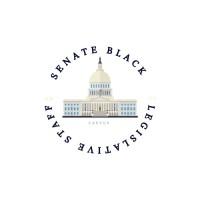


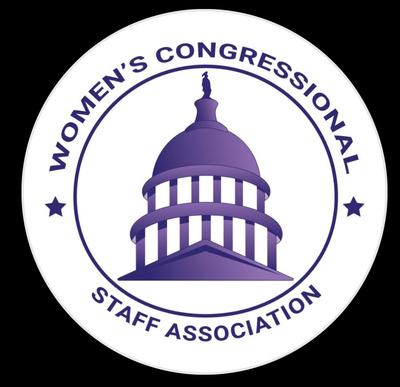
The Senate Black Legislative Staff Caucus (SBLSC) is a professional and social network for Black legislative staff employed by the United States Senate.
The Congressional Hispanic Staff Association (CHSA) is an official, non-partisan, bicameral Congressional Staff Organization, whose mission is to recruit, retain, and advance Hispanic staffers in the U.S. Senate and U.S. House of Representatives.
The Congressional Asian Pacific American Staff Association (CAPASA) is a non-partisan congressional staff organization designed to provide opportunities to meet Asian Americans, Native Hawaiians, and Pacific Islanders on Capitol Hill through professional development seminars, social networking events, and more.
The Women’s Congressional Staff Association (WCSA) provides networking and professional development opportunities, as well as members-only access to postings on job openings and events. These resources provide information and guidance for women who want to excel at their jobs and advance in their careers.




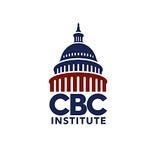
The Lesbian, Gay, Bisexual, and Transgender (LGBT) Staff Association is the official, nonpartisan Congressional organization that is dedicated to advancing the interests of all its members and the Lesbian, Gay, Bisexual and Transgender community at large in the U.S. House of Representatives.
The Black Women’s Congressional Alliance (BWCA) is a “membership organization of more than 300 bipartisan and bicameral Black women Hill staffers” with the purpose of hosting events and programs that “inform staffers of new career opportunities, provide platforms to elevate their profiles to the broader Capitol Hill community, and push for growth in diverse hiring in the United States House and Senate”
Black Men on the Hill (BMH) seeks to foster a community of support
The organization provides resources and connections to help Black men achieve their professional goals on and off Capitol Hill, navigate their careers, and form meaningful relationships with colleagues.
The Congressional Black Caucus Foundation (CBCF) serves as a research and scholarship arm for the CBC. The organization serves to “advance the global Black community by developing leaders, informing policy, and educating the public.”
The Congressional Black Caucus Political Education and Leadership Institute (CBC Institute) is a 501 (c)(4) nonprofit, nonpartisan, social welfare organization. The mission of the CBC Institute is to “educate today’s voters and train tomorrow’s leaders.” The organization runs various programs including a political leadership boot camp, policy conferences, and a Global African Diaspora Initiative.
View more organizations here
You deserve to be here.
